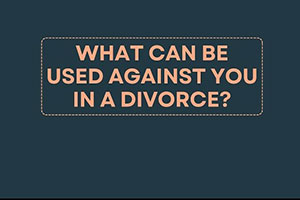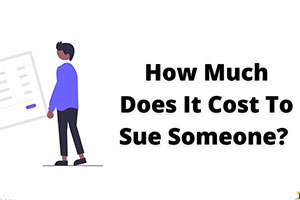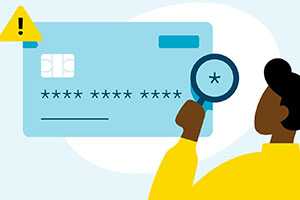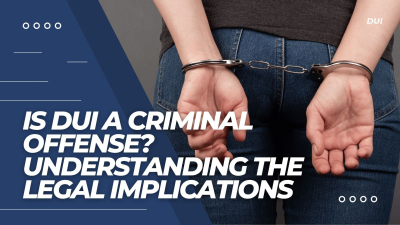Can a Criminal Summons Be Dropped? A Legal Insight
Criminal Law | by
In the maze of the criminal justice system, receiving a criminal summons can feel like finding yourself at a crossroads without a map. It’s a moment fraught with questions and uncertainty, the most pressing of which might be: Can a criminal summons be dropped? Let’s navigate this question together, shedding light on what a criminal summons entails, the conditions under which it might be dropped, and steps you might consider taking.
Understanding the Criminal Summons
First things first, a criminal summons is a legal document issued by a court or law enforcement agency. It commands the person named to appear in court to answer to a criminal charge. Unlike an arrest warrant, a summons does not require law enforcement to take the individual into custody immediately but expects compliance by appearing in court on the specified date.
The Path to Dropping a Summons
1. Legal Grounds for Dropping a Summons
The possibility of getting a criminal summons dropped hinges on various factors, including the nature of the charges, evidence, procedural errors, or changes in circumstances. Here are a few scenarios where a summons might be dropped:
- Insufficient Evidence: If the prosecution lacks sufficient evidence to prove the charges beyond a reasonable doubt, they might drop the summons.
- Procedural Errors: Errors in the summons issuance process, such as failing to follow proper legal procedures, could lead to it being dropped.
- Statute of Limitations: For some crimes, if the summons is issued after the statute of limitations has expired, it may be dismissed.
- Diversion Programs: In some jurisdictions, first-time offenders or those charged with minor offenses may have the opportunity to complete diversion programs, leading to the dropping of charges.
2. The Role of Legal Representation
Navigating the process of challenging a criminal summons often requires the expertise of a criminal defense attorney. A skilled attorney can evaluate the specifics of your case, advise on the best course of action, and represent you in court. They can negotiate with the prosecution, argue for procedural missteps, or present evidence that may lead to the summons being dropped.
3. Proactive Measures: Self-Representation Tips
While not recommended for everyone, those choosing to represent themselves should:
- Gather Evidence: Collect any documents, records, or witness statements that support your case.
- Understand the Law: Familiarize yourself with the relevant laws and legal standards pertaining to your charges.
- Prepare Your Defense: Be ready to articulate your defense clearly and concisely, focusing on why the summons should be dropped.
The Impact of a Dropped Summons
Having a criminal summons dropped can significantly impact an individual’s life, removing the burden of a potential criminal conviction and the associated legal consequences. It’s a sigh of relief and a second chance, emphasizing the importance of understanding your legal rights and the mechanisms within the justice system that allow for such outcomes.
Conclusion: A Journey Through the Legal Labyrinth
While the shadow of a criminal summons looms large, the possibility of having it dropped provides a glimmer of hope. It underscores the importance of prompt legal action, informed decision-making, and, when necessary, the invaluable guidance of a seasoned attorney. Remember, each case is unique, and the path to having a summons dropped is navigated through careful analysis of the facts, the law, and strategic legal action.
In the legal journey from summons to resolution, knowledge is your compass, and understanding your rights and options is the first step towards finding your way. Whether through legal representation or informed self-advocacy, the possibility of turning the page on a criminal summons exists within the framework of our justice system, offering a pathway to clarity and closure.










